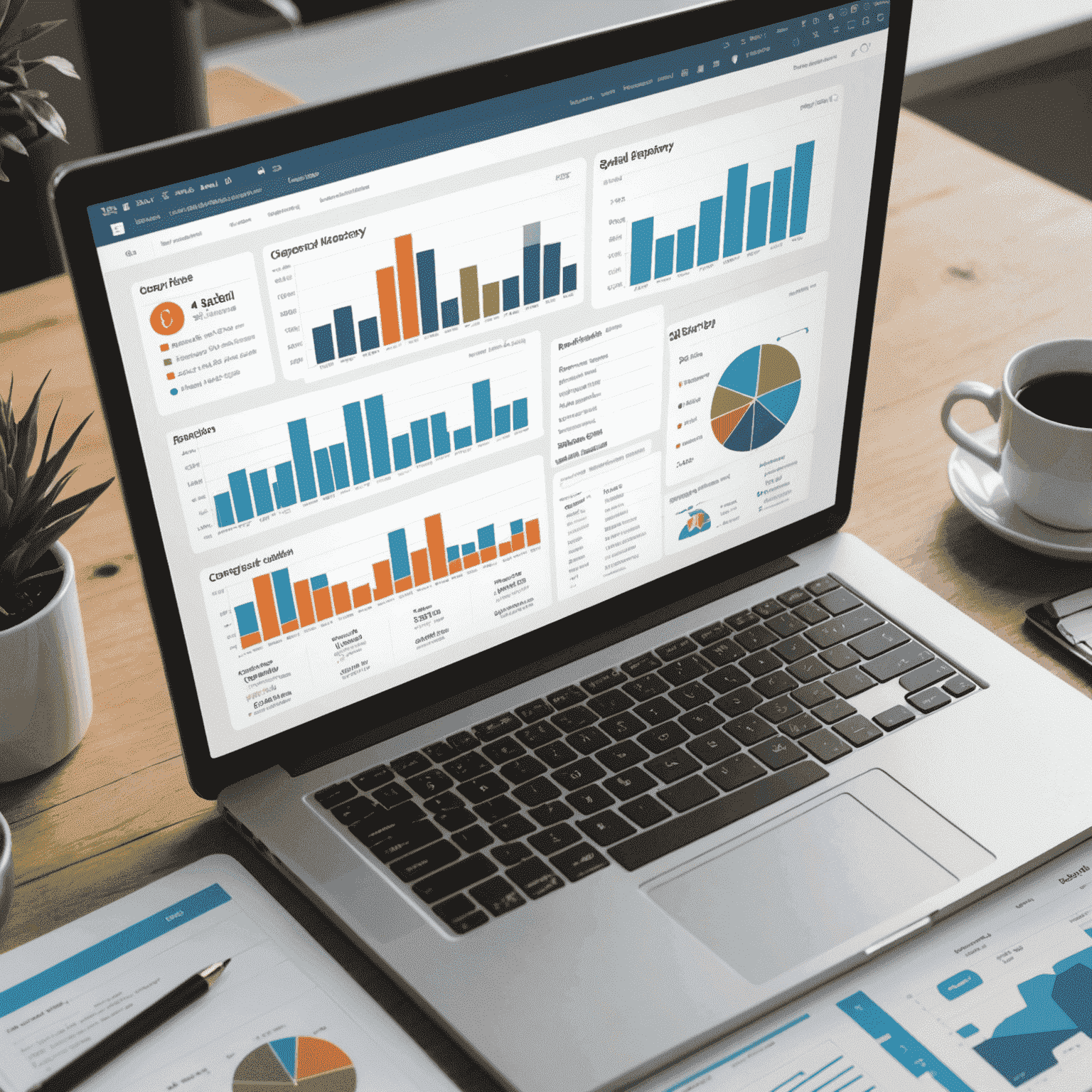Top 5 Benefits of Implementing an ERP System
Discover the key advantages of integrating an ERP system into your business processes, including improved efficiency, data accuracy, and decision-making.

1. Streamlined Business Processes
Implementing an ERP system helps streamline and automate various business processes, reducing manual effort and minimizing the risk of errors. By integrating different departments and functions, an ERP system enables seamless data flow and enhances collaboration across the organization.
2. Improved Data Accuracy and Consistency
With an ERP system in place, all data is centralized and stored in a single database. This eliminates data silos and ensures that everyone in the organization has access to accurate, up-to-date information. Consistent data across departments facilitates better decision-making and reduces the likelihood of discrepancies.
3. Enhanced Visibility and Reporting
ERP systems provide real-time visibility into key business metrics, enabling managers to monitor performance, identify trends, and make data-driven decisions. Comprehensive reporting capabilities allow for the generation of customized reports and analytics, empowering stakeholders with valuable insights into the organization's operations.

4. Increased Efficiency and Productivity
By automating repetitive tasks and optimizing workflows, an ERP system significantly increases operational efficiency. Employees can focus on higher-value activities, leading to improved productivity and better utilization of resources. The system also helps identify bottlenecks and inefficiencies, enabling continuous process improvement.
5. Better Customer Service
An ERP system provides a 360-degree view of customer interactions, enabling better customer service. With access to comprehensive customer data, including order history, preferences, and support tickets, employees can deliver personalized and timely assistance. This leads to increased customer satisfaction and loyalty.
Implementing an ERP system is a strategic decision that can transform the way your business operates. By leveraging the benefits of streamlined processes, accurate data, enhanced visibility, increased efficiency, and improved customer service, your organization can gain a competitive edge and drive long-term success.